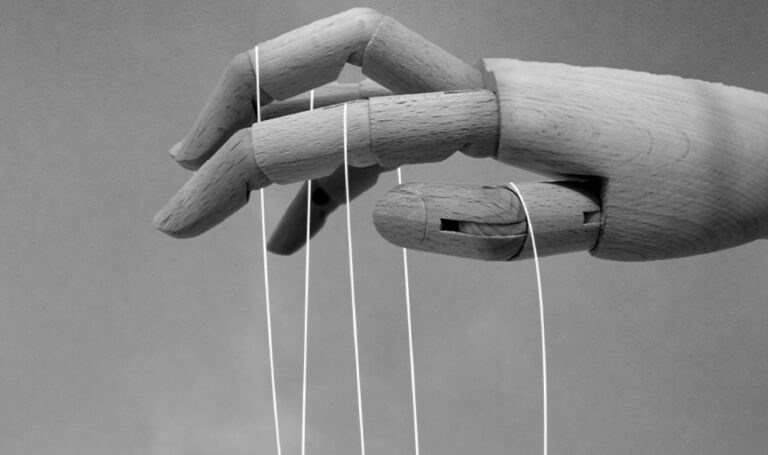What is dry begging? And why is it a relationship red flag?

We’re on high alert for red flags in relationships these days. One wrong move and, strike, you’re out. Partners might leave you Shrekked, Baksyed, or just plain ghosted, but we’re not afraid to walk out on a relationship that isn’t serving us.
Occasionally, we stay in a relationship longer than necessary, putting up with black cat energy because our performative boyfriend has us hooked. One red flag that can sometimes go unnoticed is dry begging, which, in a relationship, is the act of asking for something indirectly, and it can be a sign of manipulation or narcissism that you don’t see happening at first.
“Dry begging refers to indirectly asking for something—usually attention, support, or validation—without clearly stating the need,” Jordanne Sculler, a mental health counsellor and psychotherapist, tells Oprah Daily. “The goal is to elicit a response without having to be vulnerable or take ownership of the request.”
What is ‘dry begging’ in a relationship?
The term isn’t necessarily a new one, but it is doing the rounds thanks to the rise of therapy-talk and users increasingly taking to social media to unpick their relationships.
And dry begging isn’t always malicious. It could be that someone doesn’t know how to communicate their needs, or leftover toxic behaviours from previous break-ups.
What it boils down to, though, is that a person will make comments that you could find a request in, but they never come out and ask directly for something.
Examples of ‘dry begging’ in a relationship
An example of dry begging in a relationship can sound like someone exclaiming, “I don’t know how I’m going to finish this all by myself.” Instead of simply asking, “Can you help me with this?”
Another could be your partner’s reaction to a plan with friends, or doing something without them, to which they say: “I would love to do something like that, but I guess I just never have the time.” They are asking for support in that comment. Someone who is dry begging may also say, “I guess I’ll just stay home,” instead of asking outright that “I wish we spent more time together.” They’re hinting at their displeasure instead of addressing it directly.
Some dry begging phrases can go unnoticed in everyday conversations, so how can you tell the difference? Listen to your gut. If your partner says something and you feel the need to reassure them or do something for them, then you are likely inferring they want something in what they’re saying—without them directly asking for it. There is pressure for you to read between the lines and decipher what’s really going on.
Why is ‘dry begging’ a relationship red flag?
The “underlying message of dry begging is to make the other person feel obligated to offer support and attention,” Sculler says on Oprah Daily. And it can be a form of manipulation and has links to narcissistic tendencies.
As psychologist Dr Brandy Smith tells Parade: “When the person is intentionally dry begging with the purpose of manipulating to get their way or to be seen in the most favourable light, not caring about the impact on the other(s), then those are times when dry begging could be connected to narcissistic traits [or] tendencies, or narcissistic personality disorder itself.”
But dry begging is something we can all be guilty of occasionally, and dry begging on its own is not necessarily narcissistic, either. And one reason a person might be dry begging their partner is because they’re scared of rejection. “This leads them to not ask for things directly because it would be ‘worse’ to directly ask for something and not have it met than to be indirect and use the ambiguity of the request as a reason their need or want was not met,” Smith explains.
How to deal with ‘dry begging’ from your partner
To avoid dry begging, communication is key when it comes to relationships. By being direct about what you want, you can avoid the passive-aggressive comments—and potential disappointment when your partner still doesn’t pick up on your remarks.
If you want them to plan a date, ask them. If you’re living together and you want them to fold the washing, tell them outright. If you’ve paid for more things on the past few dates, tell them how much you would appreciate them covering drinks tomorrow.
Dry begging will eventually bring the whole relationship down, but you can make positive changes to save it if you want to. If your partner wants something from you, then they should ask you outright. And if you’re the one dry begging your partner, maybe it’s time to rethink how you communicate your needs.





